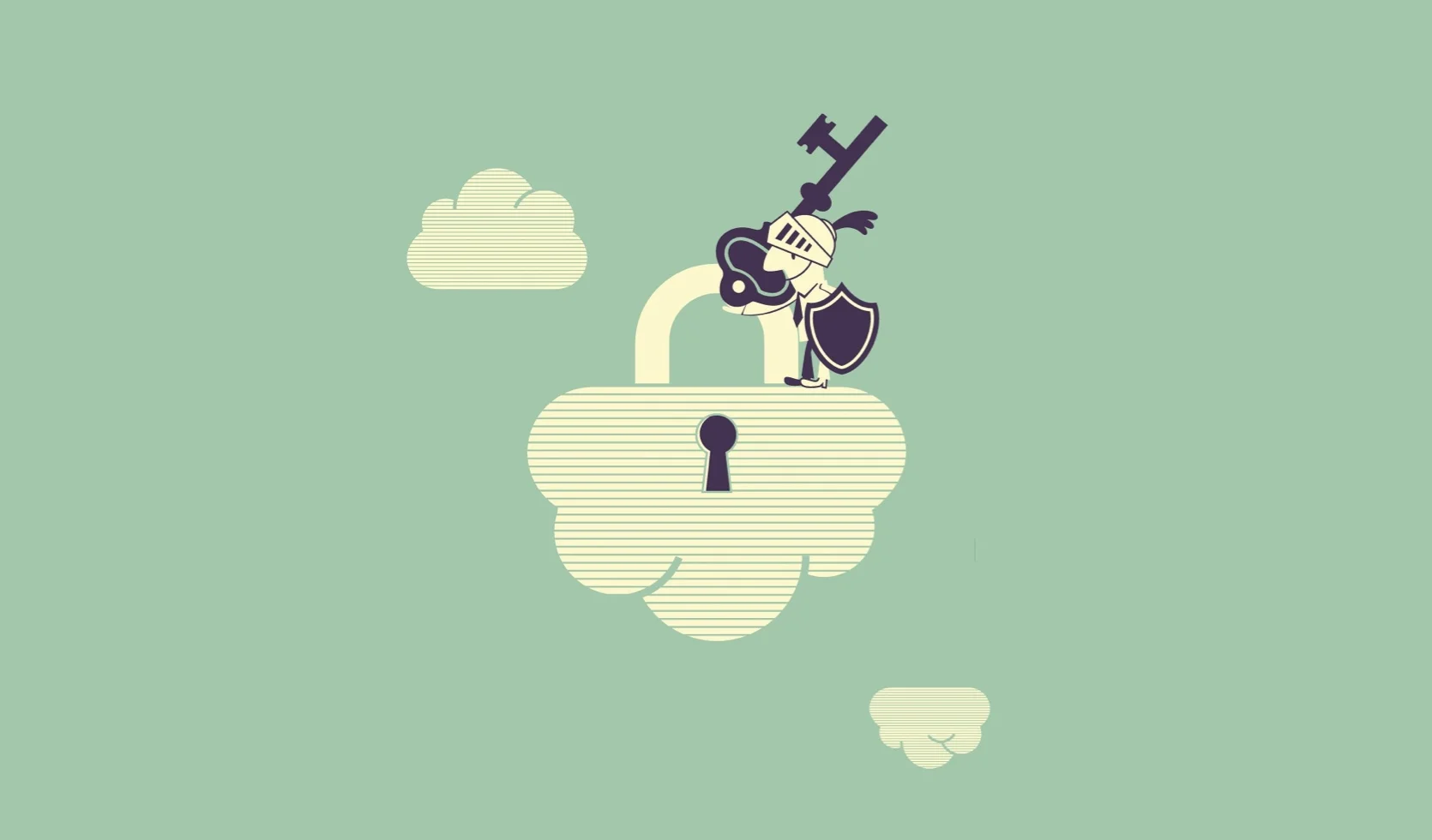You’ll no doubt be aware of all the valuable data that your business holds on the products and services that you provide, along with personal and sensitive information on your employees and your customers alike. As a business owner and an employer, it’s your responsibility to keep this information safe and protect it from the hackers and cybercriminals who’d like to gain access to it.
You may be under the illusion that a cloud platform is all you need for this purpose. However, just because you’ve invested in a cloud platform for your business, it doesn’t mean that you can be more relaxed with cybersecurity measures, although in some cases, it will certainly help to make data breaches harder in specific areas.
1. Selecting the Perfect ERP for Enhanced Cloud Security
It’s important that you understand that not all ERP or cloud platforms are equal. Finding the right one to support your business while enhancing the performance of your employees is certainly advantageous, but you’ll also need to look at the security features that it offers at the same time.
For instance, the Acumatica cloud is a prime example of a platform that perfectly blends functionality with security. Some of its noteworthy security features include:
- IP Address Restrictions: Restricting user logins to specific IP addresses. This can reduce the likelihood of hackers gaining access to your data files.
- Controlled User Access: Controlling user access to ensure that your employees can only access data that they require to perform their daily duties
- Multi-factor Identification: Providing the ability to initiate unique multi-factor identification, therefore ensuring that it’s the right employee gaining access to parts of your business’s data and not someone without authorization.
Of course, there are far more security features than this list above, and you’ll have to ensure that whichever ERP you choose for your business offers you multiple security features that match your business requirements.
2. End-user Training: The First Line of Defense

Regardless of what cloud security you have in place, if you don’t train your employees on how to recognize a suspected security breach and what action to take, you could still have issues. This is because most cyberattacks come in the form of phishing emails or other forms of contact.
If your teams don’t know how to recognize these sorts of emails or contact methods, they’ll be unaware of the risk, more likely to fall victim, and therefore unwittingly open a door where a cybercriminal can enter and gain access to the information that they’re after.
A crucial safety tip to prevent phishing attacks is to always access your cloud hosting provider directly by typing their website URL into your browser, rather than clicking on links in emails.
3. Don’t Neglect Firewalls and Antivirus Software
While cloud platforms offer numerous security benefits, traditional security measures like firewalls and antivirus software remain crucial. Your business’s specific needs, such as how many firewalls and what spec you’ll require, depend on various factors. These include the number of employees, whether they work onsite, remotely, or in a hybrid model.
Consult with established firewall providers to evaluate your business’s unique requirements. With their expertise, you can ensure that you’re not just purchasing security tools, but investing in a robust security infrastructure.
The same also goes for your antivirus software. You’re probably aware of the vast array of different antivirus software packages on the market; again, finding the right one for your business and your employees could mean the difference between falling victim to a malware attack or preventing damage to your business by reducing its potency or eliminating it completely before it can take hold.
Wrapping Up: Prioritize Cloud Security for Businesses
In conclusion, while cloud platforms like the Acumatica cloud offer significant advantages, they are not a one-stop solution for all security concerns. Cloud security for businesses is a multi-faceted endeavor that requires a holistic approach. From selecting the right ERP and training your employees to investing in firewalls and antivirus software, every step plays a crucial role in safeguarding your business in the digital realm.
Remember, in the world of cybersecurity, it’s always better to be proactive rather than reactive. By adhering to the guidelines mentioned above, you not only protect your business’s valuable data but also instill confidence in your customers and stakeholders.
Related Posts:
- Three Types Of Cloud Storage And Their Benefits
- Why Interoperability is a Weakness in Cloud Computing
- Overcoming the Obstacles of Cloud Migration
- The Importance of Securing Your Cloud-Native Applications
- Containerization: Managing Applications in the Cloud
- 4 Ethical Consideration in Cloud Data Protection
- Ransomware Hackers Using AuKill Tool: How to Protect Yourself
- Phishing SMS 2FA codes – How hackers bypass two-factor authentication
